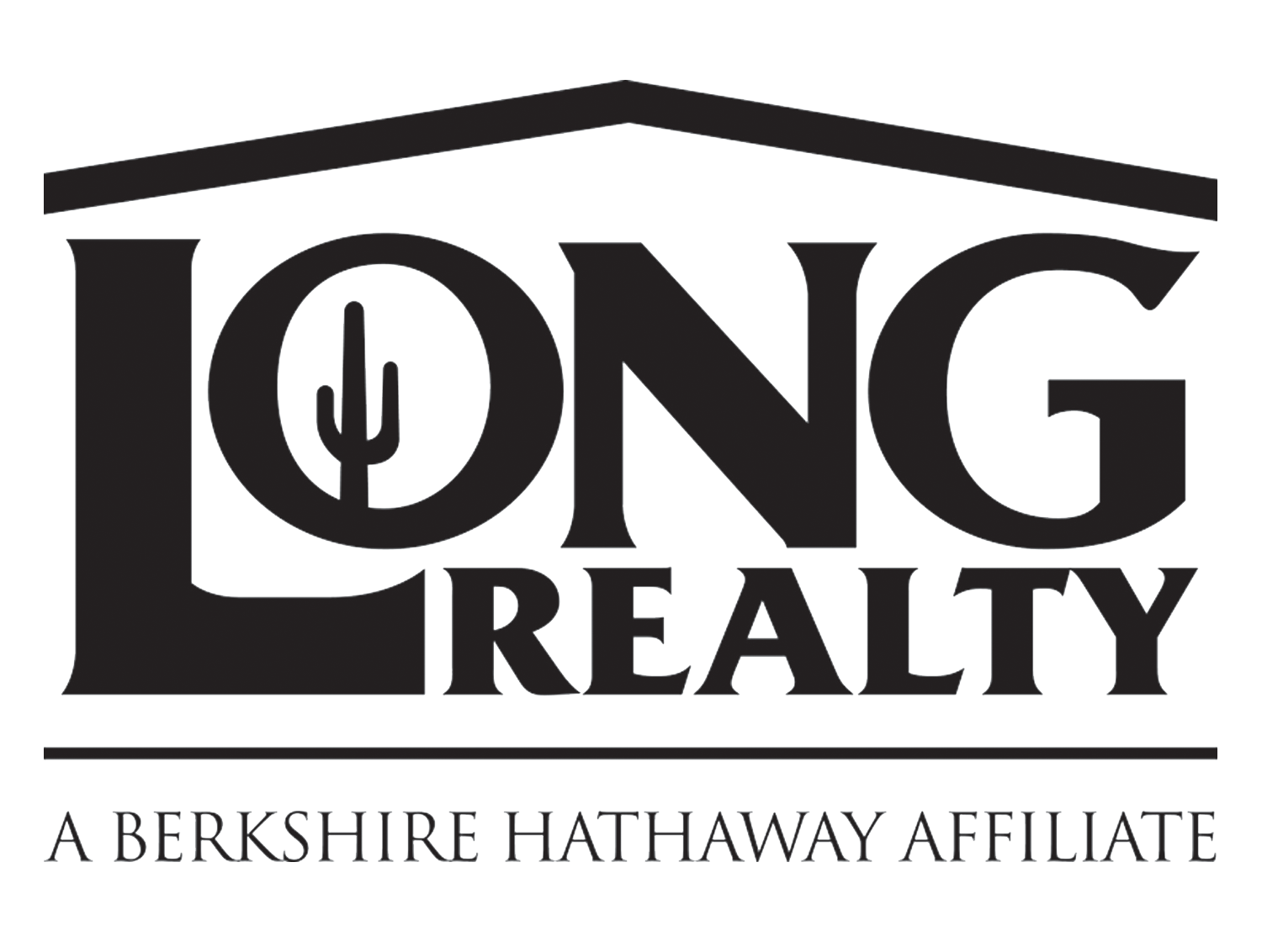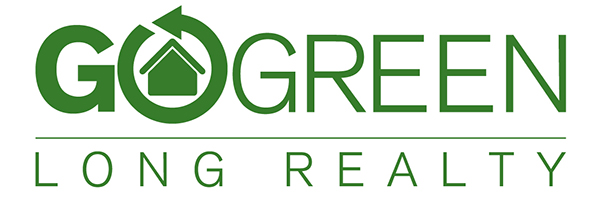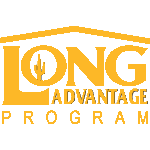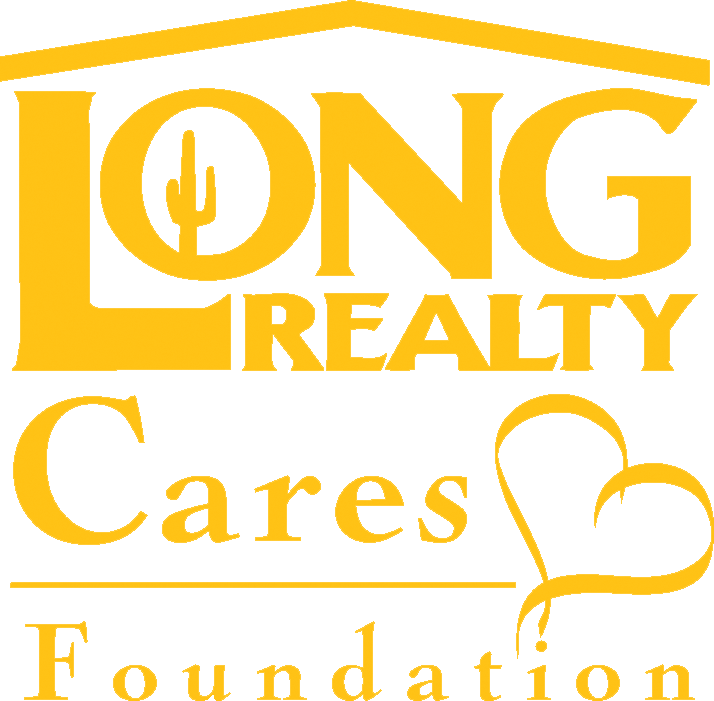We will need to set up any and all inspections that you’d like to perform on the property ASAP. You must complete all inspections and submit a Buyer Inspection Notice and Seller Response (BINSR) form before the end of the inspection period. You are welcome to choose any inspectors that you like of course, or we’re happy to set them up with inspectors we often work with. Just be sure to let us know if you’d like us to make these arrangements on your behalf. Here are the inspections that most people perform:
- A general home inspection. The charge is usually based on square footage and age of the home, but will likely be around $400-600.
- A termite inspection. The charge is around $50-80 (depending on the company).
- Roof inspection from 1-2 roofing companies. There is usually no charge from several of the most popular companies such as Hallmark or Roofsavers. Again, we can set these up for you and you don’t need to be present for the inspection. They’ll send a roof opinion report within a week or so, along with an estimate for any recommended repairs. Please note that since these roofing companies are going out at no charge and have a vested interest in finding issues (to get the business), it’s a good idea to compare this data with that of the general inspector who is an unbiased third party.
While it’s always the Buyer’s option whether they want to perform inspections, we highly recommend having a general home inspector take a close look at the property. When you’re dealing with such a large financial purchase it only makes sense to spend a relatively small amount of money to make sure you know the condition of this major asset you’re buying. Even with foreclosures and short sales you should still do one, even though repairs may not be agreed to be the Seller.
We’ve had many clients use Rick Johnson with WIN Home Inspections and he’s proven to be a thorough and reliable home inspector. You may of course choose anyone you’d like and can research it online. Often times speaking with the home inspector beforehand can give you an idea if you’d like to work with them. Rick’s phone number is (520) 749-1679.
The length of the general inspection can vary based on the size of the home, age of the home, whether it has a pool or not, and other factors. However, generally an inspection takes between 2 – 4 hours. You do not need to be present for the entire inspection. In fact, it’s probably easiest that you’re not there the entire time unless you have other things to look at on the home. We always recommend that you show up towards the end of the inspection though to go through the inspector’s findings in person, view anything that needs to be seen, and ask questions. The inspector should also be available afterwards on the phone should any additional questions arise.
We recommend doing any and all inspections that are important to you. In addition to the general, termite, and roof inspections, here are some common additional inspections:
- Pools: The general inspector can be hired to look at the pool and its equipment or you can have a pool company specifically come out as well
- HVAC: This inspection can be done relatively inexpensively and Long Realty has a partner price through D&H that gives you a detailed report on the AC condition.
- Well: An inspection of the well is highly recommended if the property is on well water.
- Survey: This could also be done, although we can also look for property pins that may still be existing. Much of this depends on how important the exact property boundaries are to you. Survey companies usually take much longer to come out than the inspection period also, so keep this in mind when considering a boundary survey.
- Septic: If the property is on a septic system, it will be inspected and pumped by a company set up & paid for by the Seller per the On-Site Wastewater Facility Addendum.
- Sewer Scope: While this can be done on any home, it’s usually a good idea on an older home to verify both that it’s connected to the sewer and to determine the condition of the lines, including whether any blockages exist.
- Many other inspections can be done but spending money on further inspections reaches a point of diminishing returns. If the general inspector finds issues with something specific, then having a contractor out for a look and/or quote can be a good idea.
Here is a link to the AAR/ADRE Buyer Advisory which is a good document covering a lot of information about things to potentially investigate: https://teamwoodall.com/buyers/aar-buyer-advisory/. You can use the Buyer’s Advisory as a resource for any other inspections you might want done. We’d at least scan this document to see if anything catches your eye as something worthwhile to check into.
Next: Drop off your earnest money check
- Step 1: Find a REALTOR®
- Step 2: Get pre-approved for a mortgage (only applies to buyers who are not paying with cash)
- Step 3: Start your home search online
- Step 4: Time for showings
- Step 5: Make an offer
- Step 6: I have an accepted contract. Now what?
- Step 7: Schedule the home inspections
- Step 8: Drop off your earnest money check
- Step 9: Put the closing on your calendar
- Step 10: What is the inspection period?
- Step 11: Don’t spend extra money (only applies to buyers who are getting a loan)
- Step 12: Provide documents to your loan officer (only applies to buyers who are getting a loan)
- Step 13: Read the title commitment
- Step 14: Review the HOA documents (only applies to buyers who are purchasing homes with HOAs)
- Step 15: Fill out and return your buyer’s packet
- Step 16: Tips for attending the home inspection
- Step 17: Read the inspection reports
- Step 18: Make repair requests
- Step 19: The appraisal (only applies to buyers who are getting a loan)
- Step 20: Hire movers and start packing
- Step 21: Hook up your utilities
- Step 22: Set up homeowner’s insurance
- Step 23: Get your down payment ready
- Step 24: Secure your new home
- Step 25: Do you want a home warranty?
- Step 26: Make your down payment
- Step 27: Attend the walkthrough
- Step 28: Attend the signing
- Step 29: Get the keys
- Step 30: Wrapping things up







